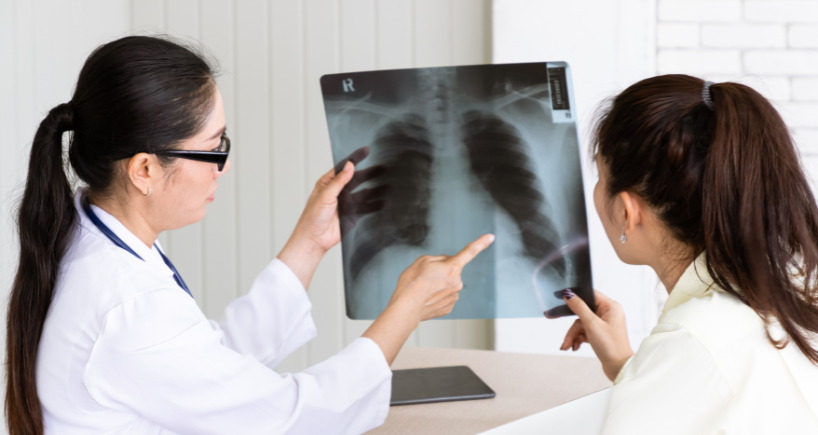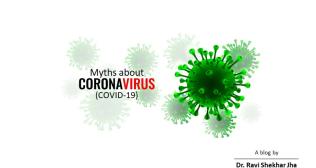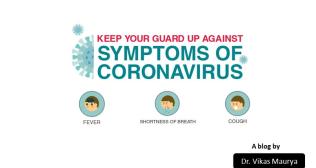
Cystic Fibrosis: Unravelling Its Causes, Recognising the Symptoms and Understanding Treatment Options
Have you observed a sticky substance which comes out when you cough? Do you know what it might be and why it comes out? It is called mucus. Mucus is a substance that lubricates and protects the airway lining, digestive organs, reproductive organs and other tissues. When the body produces excessive mucus, which is abnormally thick and sticky, a condition known as cystic fibrosis is caused. Cystic fibrosis is an inherited disease characterized by the accumulation of thick, sticky mucus that damages many of the body’s organs. It causes progressive damage to the respiratory system and chronic digestive problems.
Cystic fibrosis
Cystic fibrosis is a genetic condition that causes sticky, thick mucus to build up in organs and damage them by blocking them. Thick and sticky mucus clogs the airway, leading to several issues in breathing and bacterial infections in the lungs. The infections result in chronic cough, wheezing and inflammations. Over time, mucus builds up, and infections cause permanent lung damage and the formation of scar tissue and cysts in the lungs. However, cystic fibrosis is not only a lung disease. It is called cystic fibrosis because it also causes cysts and scarring in the pancreas. The thick mucus blocks the ducts, releasing digestive enzymes affecting digestion. It is a fatal disease when no proper treatments are taken. However, with improved treatments, there are better ways to manage the disease.
Types of cystic fibrosis
Cystic fibrosis is classified into two types, which are:
- Classic cystic fibrosis: It is a kind that affects multiple organs in the body, such as the lungs and pancreas.
- Atypical cystic fibrosis: It is a kind which affects only one organ in the body, like either lung or pancreas.
Symptoms of cystic fibrosis
The symptoms of cystic fibrosis include:
- Lung infections
- Loose or oily stool
- Pneumonia
- Bronchitis
- Frequent wheezing, cough and sinus infection
- Trouble breathing
- Sudden weight loss
- Dehydration
- Nasal polyps
- Chronic sinuates
- Pancreatitis
Causes of cystic fibrosis
Cystic fibrosis is brought on by variations or mutations in the CFTR genes. Certain chemicals flow through ion channels, which function similarly to gates in a cell membrane. For chloride ions, a class of minerals with a negative electrical charge, CFTR typically creates a gate. Mucus is made more slick by chlorides, which leave cells along with water. This is prevented in cystic fibrosis cases by CFTR gene mutations, which keep the mucus thick and sticky.
Complications of cystic fibrosis
The complications include:
- Multiple organ infections
- Diabetes
- Malnutrition
- Osteopenia
- Osteoporosis
- Pregnancy complications
Diagnosis of cystic fibrosis
Cystic fibrosis can be diagnosed by the following tests:
- Sweat test: It is a test which measures the amount of chloride in the body. When the chloride levels are higher, then it is a sign of cystic fibrosis
- Pulmonary function test: This test checks the functions and condition of the lungs.
- Sputum culture: The sputum, when produced during cough, is collected and tested for the presence of bacteria and germs that cause infections.
- Pancreatic biopsy: Biopsy is a method of diagnosis that takes tissue or fluid samples and is studied under a microscope to look for cancer cells and determine what kind of cancer. It is also tested for genetic changes, which are called mutations.
Treatments involved in cystic fibrosis
- Medications: Medications like pain relievers, parenteral nutrition, IV fluids and antibiotics are given to manage abdominal pain, provide nutrition, cure infections and prevent dehydration.
- Airway clearance technique: It is a chest physical therapy that helps remove mucus blocking the airways. It prevents infections and inflammations in the airways.
- Pulmonary rehabilitation: It is a program that helps treat chronic conditions through education, exercises, breathing techniques, psychological counselling and nutritional counselling. These are conducted in hospitals or clinics.
Conclusion
To conclude, cystic fibrosis is the formation of thick mucus in organs like the lungs and pancreas, affecting its functions. It is a treatable condition with medications and advanced techniques.



















